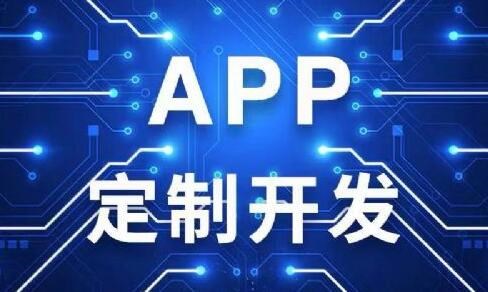中文化、本土化、云端化的在线跨平台软件开发工具,支持APP、电脑端、小程序、IOS免签等等
App Development: A Comprehensive Guide
Introduction:
In today's digital era, mobile applications have become an integral part of our lives. From ordering food to managing finances, there is an app for almost everything. Have you ever wondered how these apps are developed? In this article, we will delve into the world of app development, exploring its principles and providing a detailed introduction to the process.
1. Understanding App Development:
App development is the process of creating software applications for mobile devices such as smartphones and tablets. It involves a combination of coding, designing, testing, and deployment to make a functional and user-friendly app. There are two main platforms for app development: iOS and Android.
2. Principles of App Development:
a. User Interface (UI) Design: The UI design is crucial for creating a visually appealing and intuitive app. It involves designing the layout, colors, typography, and overall user experience. A well-designed UI ensures that users can navigate the app effortlessly.
b. Programming Languages: App development requires knowledge of programming languages such as Java or Kotlin for Android and Swift or Objective-C for iOS. These languages are used to write the code that controls the app's behavior and functionality.
c. Application Programming Interfaces (APIs): APIs allow apps to interact with external services or data sources. For example, a weather app may use an API to fetch current weather data from a web service. Understanding and integrating APIs is essential for app development.
d. Database Management: Apps often require storing and retrieving data. Developers use databases like SQLite or Firebase to manage data efficiently. This includes creating tables, inserting, updating, and deleting data, and handling database queries.
e. Testing and Debugging: Testing is a crucial phase in app development to identify and fix any bugs or issues. Developers use various testing techniques such as unit testing, integration testing, and user testing to ensure the app functions as intended.
f. App Store Guidelines: Both Apple's App Store and Google Play Store have specific guidelines that apps must adhere to. These guidelines cover aspects like app content, design, security, and performance. Developers need to ensure their app meets these guidelines before submission.
3. App Development Process:
a. Idea and Conceptualization: The first step is to identify the app's purpose and target audience. This involves brainstorming ideas, conducting market research, and defining the app's features and functionalities.
b. Wireframing and Design: Wireframing involves creating a basic blueprint of the app's layout and navigation. Designing the UI follows, including selecting colors, fonts, and creating visual elements like icons and graphics.
c. Development: This phase involves writing the code to implement the app's features and functionalities. Developers use integrated development environments (IDEs) like Android Studio or Xcode to write and test the code.
d. Testing and Debugging: As mentioned earlier, thorough testing is crucial to ensure the app works smoothly. Developers conduct various tests, including functional testing, usability testing, and performance testing, to identify and fix any issues.
e. Deployment: Once the app is tested and ready, it can be deployed to the respective app stores. This involves creating developer accounts, following the submission guidelines, and providing necessary assets like app icons and screenshots.
f. Updates and Maintenance: App development is an ongoing process. Developers need to release updates periodically to introduce new features, fix bugs, and ensure compatibility with the latest devices and operating systems.
Conclusion:
App development is a complex yet exciting field that combines creativity, coding skills, and problem-solving abilities. This article provided an overview of the principles and process involved in app development. Whether you are a beginner or aspiring app developer, understanding these fundamentals will serve as a solid foundation for your journey into the world of app development.





